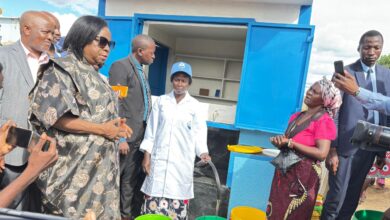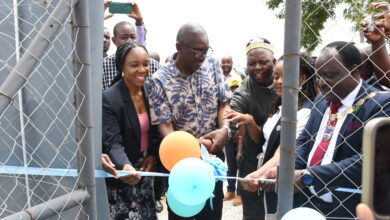LUSAKA, Tuesday 22nd March, 2022- Habitat for Humanity Zambia joins the rest of the world in commemorating the World Water Day with a call for concerted efforts in the governing of groundwater.
Groundwater is a vital invisible resource that supports ecological diversity, human health, economic development and ultimately national development.
Reports indicate that about 60 to 70 percent of water consumed in Zambia comes from groundwater. The demand for the invisible resource in Zambia is increasing due to population growth, urbanization, irrigated agriculture and industrial purposes. As a result of this, groundwater needs to be protected from degradation and overexploitation as doing this will ensure its sustainable use in the face of climate change.
We are alive to the water sector reforms that started in the 1990s and culminated in several policy and legal frameworks including the National Water Policy of 2010 and the enactment of the Water Resources Management Act No 21 of 2011 under which the Water Resources Management Authority (WARMA) obtains its mandate of monitoring both groundwater and surface water quality. We commend the Government of Zambia for this while calling upon an increase in National Budget Allocation to groundwater management. The call is towards strengthening the collection of groundwater data through the establishment of a groundwater monitoring network and drawing groundwater plans to halt any incoming heavy metal pollution from the large-scale mining. Additionally, groundwater needs to be protected from anthropogenic activities such as the use and pit latrines, soak away and open defecation. Further, Government through institutions such as WARMA should conduct periodic environmental audits to assess the compliance of the existing filling stations with environmental guidelines to prevent groundwater pollution for the benefit of the public good.
National Director, Ms Mathabo Makuta commented “groundwater is critical to national development as such, we call for concerted and coordinated efforts from government, the private sector, civil society, research institutions and the media in its governance.



